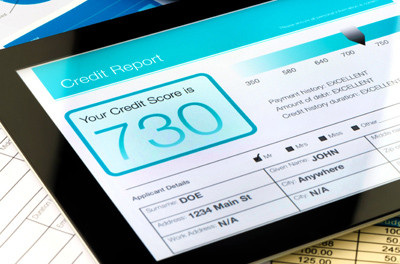Wondering if you should even bother with rewards credit cards?
The short answer is yes.
Rewards cards are exactly what they sound like — they “reward” you for using them with any number of appealing options. Have you ever gotten paid to shop? How about a free vacation? Or maybe a deep discount on something you were planning on buying anyway? Rewards cards might not be as magical in reality as they sound on paper, but the truth is that smart spenders can reap many financial benefits from them.
Here’s a fact that will knock your socks off: Billions of dollars in rewards go unused each and every year — real money that could provide you with real benefits.
Whenever you sign up for a new credit card with rewards, you’ll want to read the fine print and make sure you know exactly what you’re getting into. Here are the three main types of reward credit cards you’ll find:
Cash-Back/Fixed-Value
These cards give you cold, hard cash back for all of your purchases. The trick is that it’s not a dollar-for-dollar system, of course — each dollar is usually worth one “point,” whose value is redeemed in much smaller increments, such as pennies or discounts.
Co-Branded
Instead of cash back, co-branded cards focus on building points toward a particular company’s goods or services, often airlines and hotels. The benefit here is that the points you earn per dollar are often worth more in real-world value than the penny-per-point you’d get in cash.
Transferrable Points
A combination of both previous types of cards, transferrable-point cards let you choose how you redeem your points, whether it’s in cash, miles, or nights at a hotel. Keep a close eye on these cards though — they often come with an annual fee, which might not be worth it depending on your spending habits.
Using a credit card can be a great way to improve your credit score and get rewarded in the process. When you’re ready to sign up for a rewards program, here are a few important things to keep in mind:
Get Rewards You’ll Actually Use
Remember those billions of rewards dollars that go untouched each year? Don’t contribute to them! Be realistic about what you’ll use your rewards on, and if you don’t know, choose cash-back. Be smart about your rewards and use them to pay down debts and save money on items you’d be purchasing anyway.
Read the Fine Print
Not all rewards cards are created equally. Make sure you know what you’re getting into — many cards use complex systems to calculate their rewards, so if it seems too good to be true, it probably is.
Be Wary of Fees
Be realistic if you sign up for a card that charges an annual fee. If you’re not going to come out in the black, don’t do it. You’d be better off earning no rewards than paying for them out of your own pocket.
Take Full Advantage
Many cards offer signing bonuses, extra points, or other incentives to spend at particular locations or during specific times. Keep on top of where you’ll get your most points for your buck — but remember not to make unnecessary purchases just for the rewards.
Don’t Overspend
It’s easy to believe “the more you spend, the more you earn” — but it’s never true. Reaping free rewards is great, but better than that is managing your finances responsibly, getting out of debt, and maintaining a great credit score.


